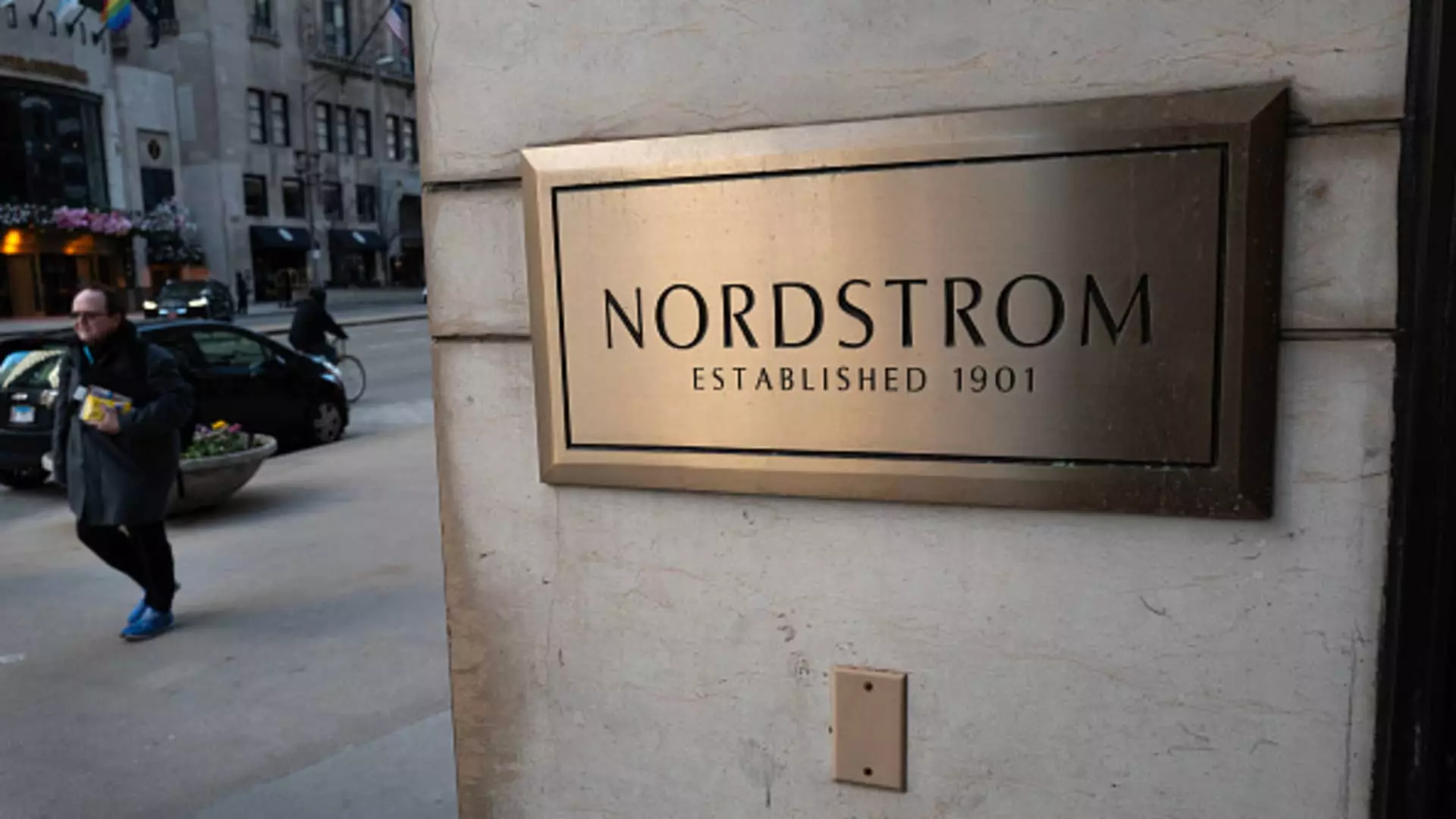In a significant shift within the retail landscape, Nordstrom has announced its transition to a private company following a buyout agreement valued at approximately $6.25 billion. This landmark acquisition involves Nordstrom’s founding family and the Mexican retail giant, El Puerto de Liverpool. With this strategic move, Nordstrom is expected to close the deal by mid-2025, marking a pivotal moment for the iconic department store chain. The board of directors has expressed unanimous support for the transaction, which positions the Nordstrom family with a controlling stake of 50.1%, while El Puerto de Liverpool secures 49.9%. Shareholders will benefit from the agreement, receiving $24.25 in cash for each share of Nordstrom they hold.
Reflections from Leadership
Nordstrom’s CEO, Erik Nordstrom, articulated his optimism regarding this new phase for the company, which has long adhered to a principle of enhancing customer satisfaction. He expressed enthusiasm about collaborating with family and team members to ensure the continued prosperity of the brand. This sentiment reflects a strategy focused on growth and adaptability in the ever-evolving retail industry, as the company aims to navigate market challenges more effectively under private ownership.
Moving into private ownership isn’t a novel concept for Nordstrom, which previously attempted this route in 2018. The latest buyout proposal came after the Nordstrom family offered $23 a share, valuing the company at around $3.76 billion. This history reveals the company’s persistent desire to strengthen its foundational values while shielding itself from the volatility of public market pressures. The resonance of such a decision raises questions about the future dynamics between family-owned enterprises and major corporate structures in the retail domain.
While Nordstrom recently exceeded Wall Street’s sales expectations, reporting a 4% revenue growth in the fiscal third quarter, the outlook for the holiday season appears subdued. Retailers, including Nordstrom, are grappling with evolving consumer behavior, characterized by a discernible shift towards selective spending. The competitive landscape showcases how even long-established luxury brands are vulnerable to economic fluctuations and changes in consumer priorities. The retailer’s current performance underscores the necessity for strategic agility, especially as competition intensifies not only from luxury retailers but also from mass-market giants like Walmart and Target.
Nordstrom’s Legacy in Retail
Founded in 1901 as a humble shoe store, Nordstrom has dramatically evolved into a versatile department store renowned for offering an extensive range of clothing and accessories across its numerous locations. With over 350 institutions including Nordstrom Rack and Nordstrom Local, the company has solidified its presence in the retail market. Its partnership with El Puerto de Liverpool, which operates multiple department store chains and shopping centers across Mexico, presents promising opportunities for expansion and cross-border collaboration.
As Nordstrom embarks on this transformative journey, the convergence of family ownership and strategic partnerships signals a commitment to not only preserving the company’s legacy but also innovating for future success. The retail landscape continues to shift, and Nordstrom’s adaptability in embracing private ownership could lay the groundwork for enduring resilience in an industry marked by rapid change.

